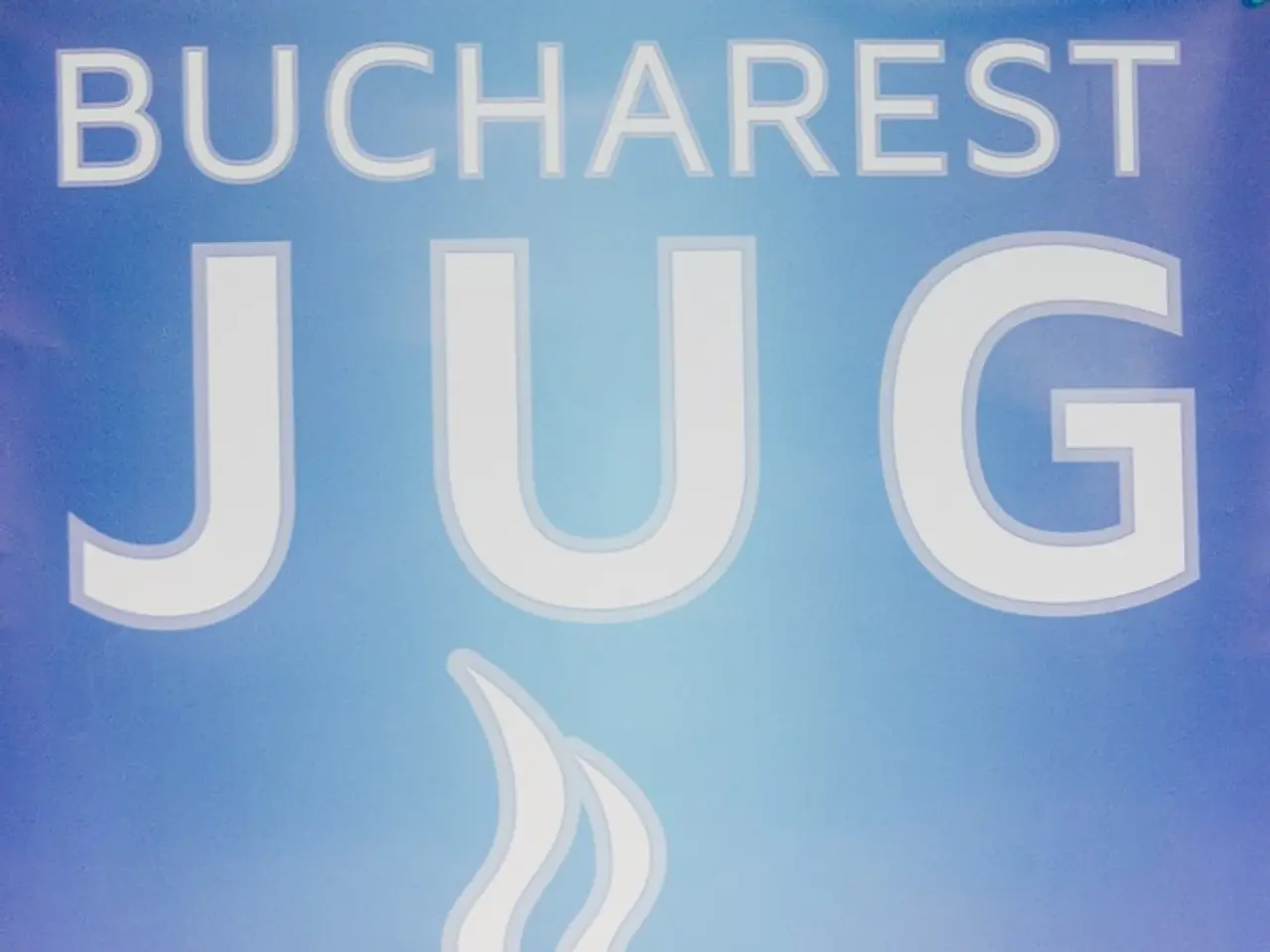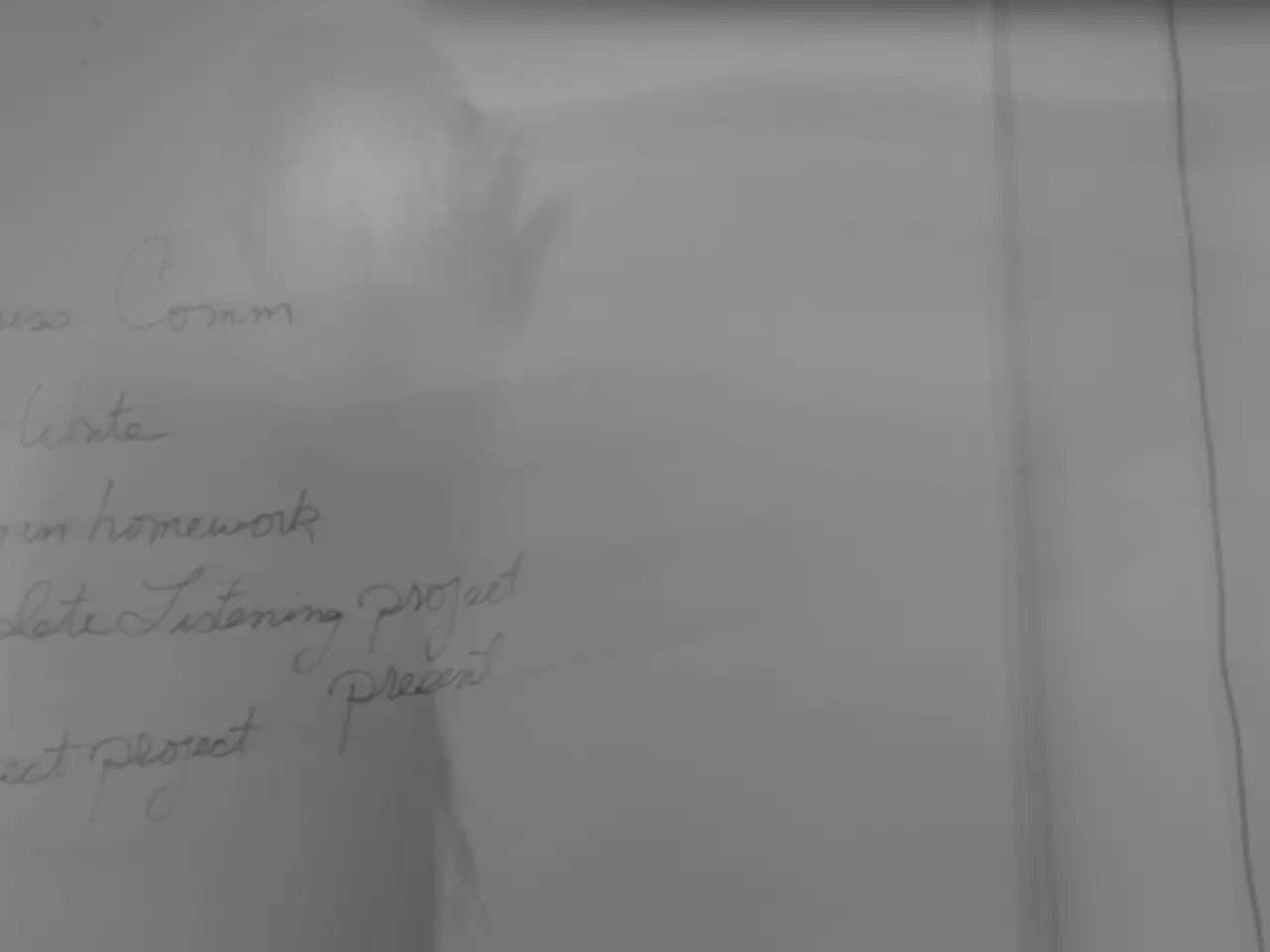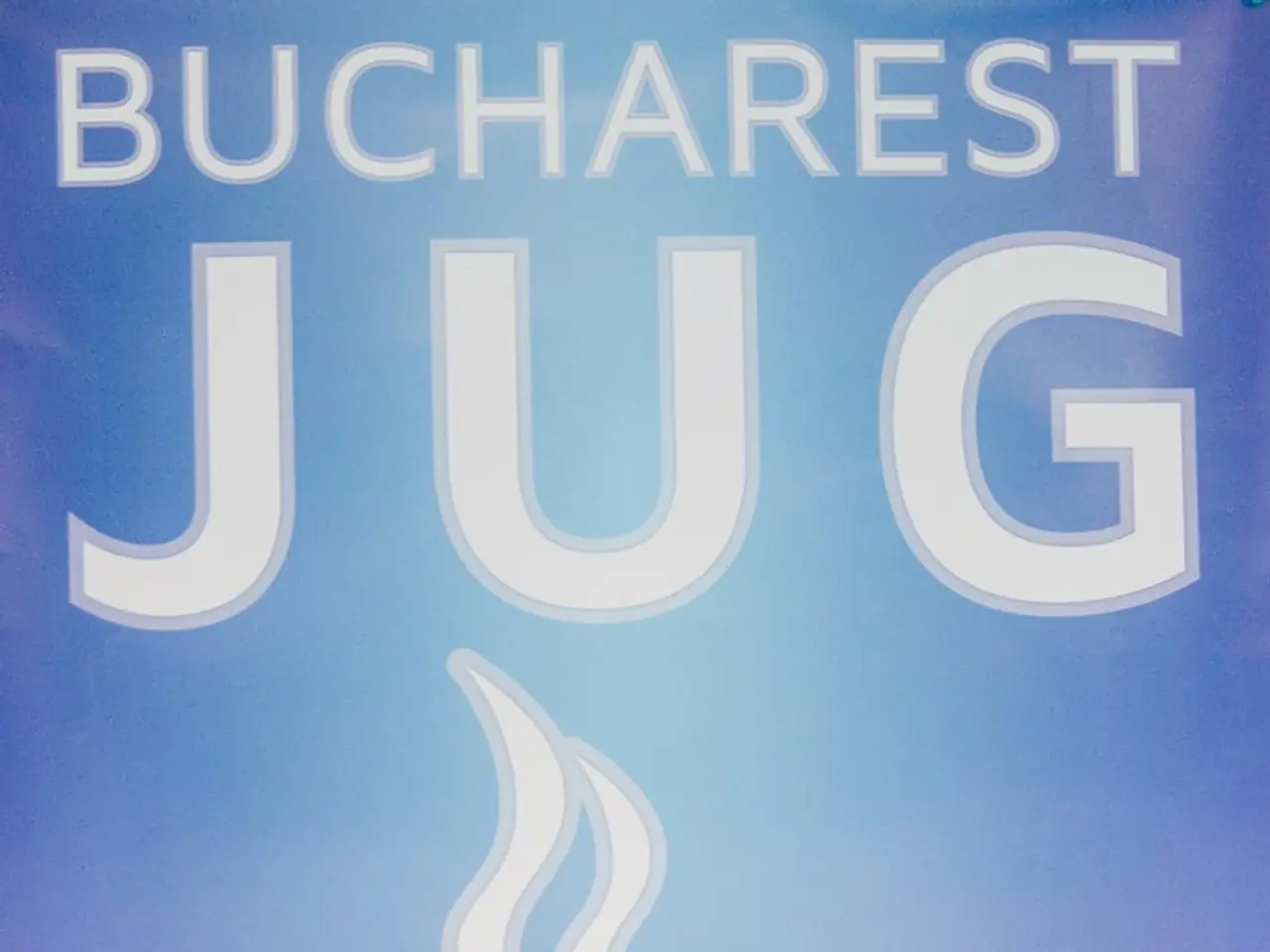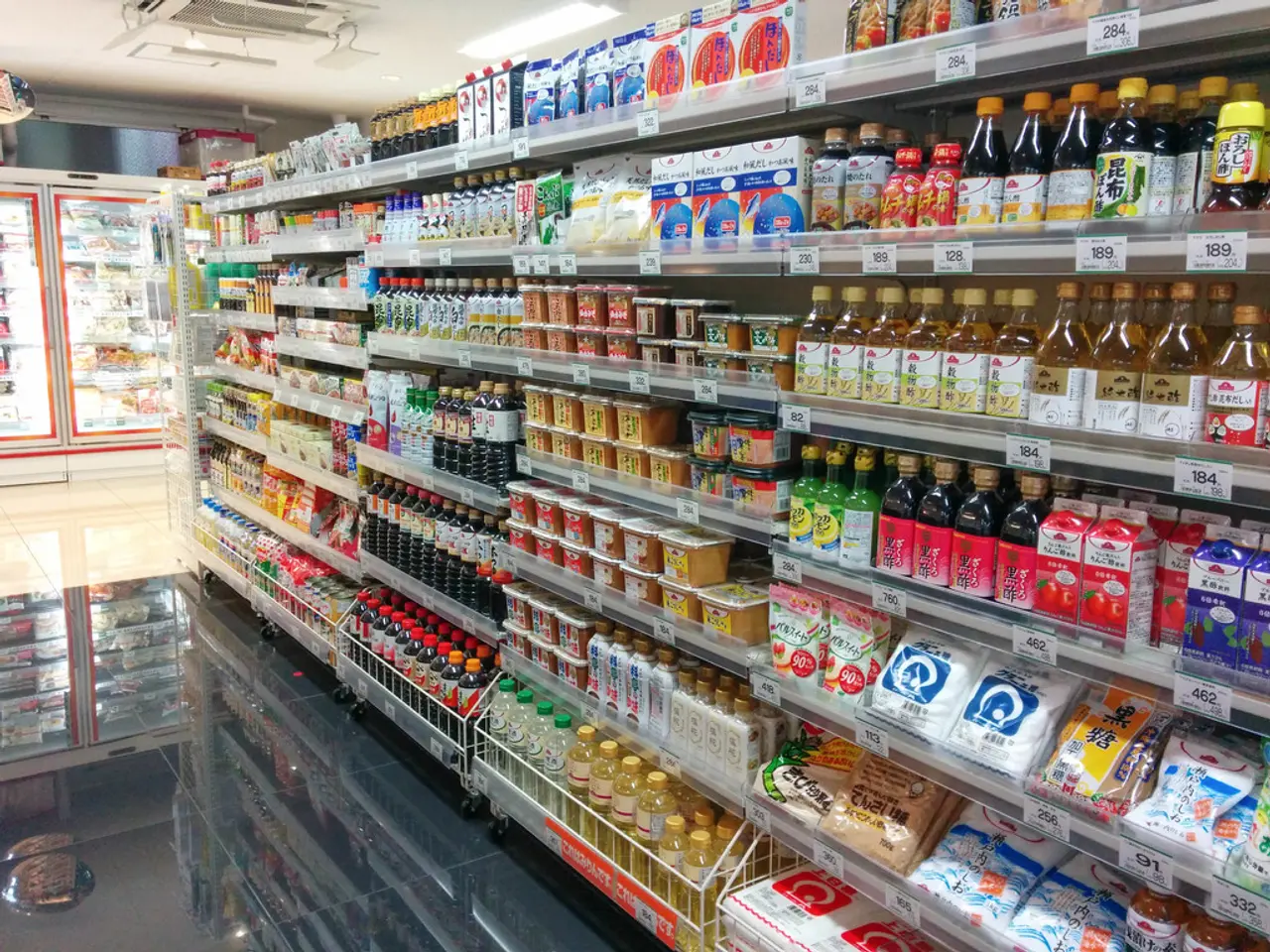Non-EU biofuel companies may face disadvantages under proposed EU regulations, as suggested by EcoCeres.
The European Biodiesel Board (EBB), representing 34 firms that produce 75% of Europe's biodiesel, has proposed measures to improve the EU's system for quality verification. These proposals aim to ensure a level playing field for biofuel production and imports within the EU.
The EBB's plans include mandatory content tests for imported biofuels to verify sustainability credentials, with test results required to be logged in an EU database. The intentions are to promote transparency and consistent quality assurance for both domestic and imported biofuels. Additionally, the proposals call for annual on-site audits for all biofuel producers and suppliers to strengthen verification of compliance with EU sustainability and quality standards.
However, concerns have been raised, particularly by EcoCeres CEO Matti Lievonen, about the potential for discrimination against non-EU firms through these mandatory content tests and stringent audits. Lievonen advocates for maintaining a level playing field between EU and non-EU producers, emphasising the need to avoid creating barriers that disadvantage imports.
The EBB's proposals also suggest measures to ensure compliance with due diligence in the biodiesel industry. This includes the possibility of retroactively invalidating sustainability certificates if due diligence obligations are not met, as well as the imposition of effective sanctions.
These proposals are intended to improve the EU system for quality verification, with a goal to ensure fairness between EU producers and foreign exporters by holding all market participants to equivalent accountability.
Matti Lievonen's stance on the issue could potentially influence the final decisions made regarding the proposed reforms to the EU's biodiesel quality verification system. The EcoCeres CEO's statements underscore the importance of maintaining fair competition in the biodiesel industry and the need for a reform that addresses the concerns of both EU and non-EU producers.
The disagreement between EcoCeres and the EBB underscores the complexity of the reform process and the need for careful negotiations. The ongoing discussions about the reform of the EU's biodiesel quality verification system have been given a new perspective by Matti Lievonen's comments, adding to the debate about striking a balance between quality assurance, sustainability goals, and competitive equity for biofuel producers inside and outside the EU.
[1] European Biodiesel Board (EBB) press release, 15th January 2023.
- The European Biodiesel Board (EBB) has proposed mandatory content tests for imported biofuels to verify their sustainability, which, if logged in an EU database, aim to promote transparency and consistent quality assurance for both domestic and imported biofuels, while annual on-site audits are suggested to strengthen verification of compliance with EU sustainability and quality standards, with the goal to ensure fairness between EU producers and foreign exporters by holding all market participants to equivalent accountability.
- The EcoCeres CEO, Matti Lievonen, has expressed concerns about potential discrimination against non-EU firms through these mandatory content tests and stringent audits, advocating for maintaining a level playing field between EU and non-EU producers, emphasising the need to avoid creating barriers that disadvantage imports during the ongoing discussions about the reform of the EU's biodiesel quality verification system.




